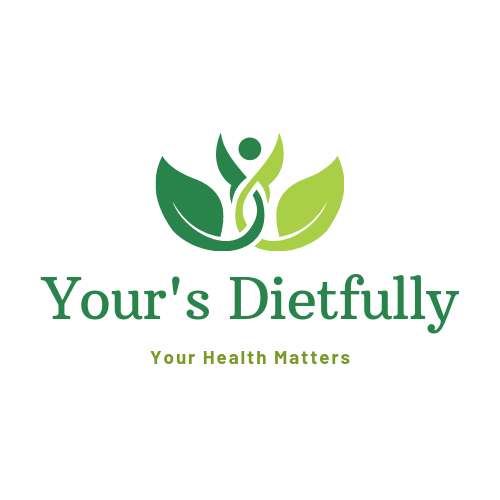GUT IN THE NUTSHELL
- Yoursdietfully

- Jan 21, 2022
- 2 min read

“All disease begins in the gut”
-Hippocrates
It has been quite a few years, that doctors, dietitians and every health professionals started to emphasize more on the gut health.
GUT! GUT!! GUT!!! What is a gut?
The gut is the other name for GI tract or the digestive tract. Each and every food we eat gets through four processes called – Mastication, Digestion, Absorption and Assimilation. These four processes take place in the digestive system, which starts from the mouth and ends at the anus. The stomach, intestine, gall and liver are the major organs involved in digestion and absorption. The gut is a home for nearly 4000 different strains of bacteria which includes both beneficial and harmful bacteria. This is known as intestinal or gut microbiota. Their main role is to maintain the immune health and metabolism.
The normal gut microbiota includes 80-85% good bacteria and 15-20% bad bacteria, where they compete for food and space. The good or beneficial bacteria prevents the outgrowth of harmful bacteria. This relationship is known as ‘symbiosis’.
The gut health solely depends on the gut microbiota. The imbalance in the gut microbiota impairs the immune system and leads to inflammation in the gut as 70% of the immune system is ruled by the gut. This results in conditions like Intestinal bowel syndrome, Intestinal bowel disease, Ulcerative Colitis, obesity, allergies and more. This microbial imbalance is known as ‘dysbiosis’.
What causes dysbiosis?
The causes of dysbiosis includes:
Impaired microbiota
Misuse of antibiotics
Alcoholism
Diet rich in refined and processed foods
Poor dental hygiene
Impaired immune system
How to find dysbiosis in gut?
The gut dysbiosis shows few symptoms like:
Upset stomach
Nausea
Constipation
Diarrhea
Bloating
How to prevent gut dysbiosis?
Poor lifestyle choices and food habits are the main contributors of gut dysbiosis. Include the following foods in the diet to keep your gut healthy:
Fiber:
The dietary fiber is like a fuel for the colon cells. Fiber aids the bowel movement and keeps the digestive system healthy.
Include whole grains, beans, legumes, broccoli, berries, and apples.
Prebiotic foods:
Garlic, onions, leeks, asparagus, bananas, barley, oats, apple, and whole grains are few prebiotic foods, that promotes the growth of beneficial bacteria in the gut.
Polyphenols :
Polyphenols enhances the growth of good bacteria and prevents the pathogen entry and their growth. Foods like cocoa, dark chocolate, grapes, green tea, almonds, broccoli, blueberries are rich in polyphenols.
Probiotics:
Probiotics are the live microorganisms, which improves the gut microbiome. The probiotic foods include yoghurt, kombucha, sauerkraut, kefir.
In addition to all these foods, move your body, do physical exercise for atleast 20 minutes a day and drink 8 glasses of water everyday. Limit the intake of refined or processed foods and junk foods.






Comments